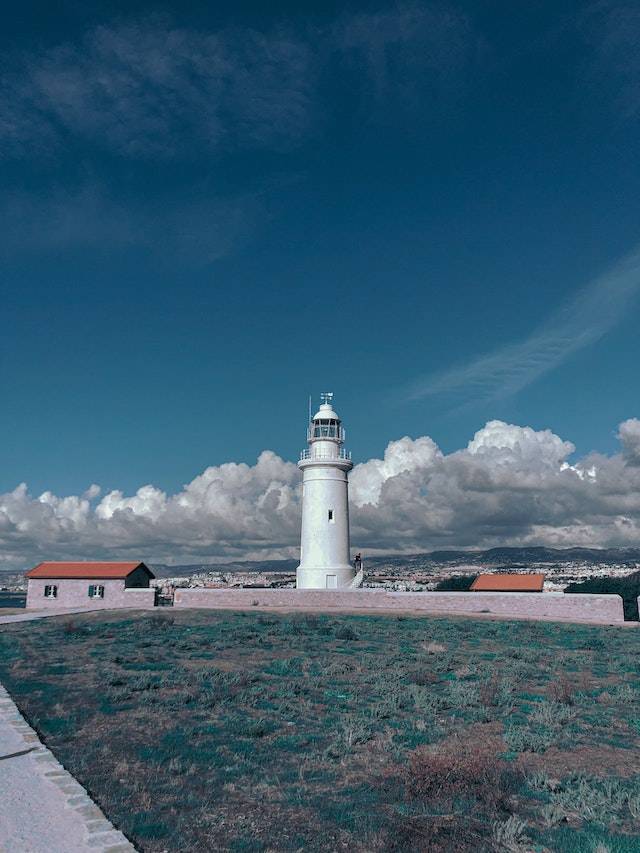Healthcare in Cyprus
Gesy is a universal healthcare system based on contributions from the residents, which is free to users (with small co-payments for certain services), subject to an annual cap. Employees, pensioners, and income-earners pay 2.65 percent of their income in National Health Insurance System, employers pay 2.9 percent, and the self-employed 4 percent with tax capped on incomes above €180,000 (£161,440). Healthcare benefits cover a standardised basket of medical services, including hospitalisation, surgery, pharmaceuticals, general and specialist medical care and laboratory services. Co-payments are capped at a maximum €300 per year.
Cost of Living in Cyprus
You will find that the cost of living in Cyprus is generally on par with other south European countries and is cheaper than in the UK. Day-to-day shopping is much cheaper if you buy local produce, and you can still buy a beautiful coastal property for a good price. When you have settled down and found lovely local cafes and restaurants catering for residents (as opposed to tourists), you will find that dining out is cheaper too, and the food is great as a rule. Nicosia as the capital might feel the most expensive city, and this is one of the reasons expats prefer to live in other locations. If, however, you want all the sophistication of urban living and not too huge tourist crowds in summer, it’s worth paying a bit more to live in Nicosia.
Weather in Cyprus
With very mild winters and hot summers, many UK nationals move to Cyprus for the fantastic weather. Long, dry summers last from mid-May to mid-October with summer temperatures ranging from around 24 to 20 degrees and maximum temperatures in Cyprus going up to around 28 degrees. Short autumn and spring seasons act as a buffer for the winter months with these reaching around 10 degrees or around 3 degrees in the higher Trodos Mountains. For those moving to Cyprus from the UK, the balmy seawater temperatures are a major draw, with beach days the perfect way to relax throughout the year.
Lifestyle in Cyprus
Southern Cyprus offers a Mediterranean lifestyle characterized by a relaxed pace of life, beautiful coastal areas, and a strong focus on family and community. You can enjoy outdoor activities, traditional cuisine, and a friendly atmosphere in towns and villages.
Education in Cyprus
Southern Cyprus has a well-developed education system, with a mix of public and private institutions. The country has several universities and colleges, offering a variety of programs, including those taught in English. The education system follows European standards.
Culture in Cyprus
Southern Cyprus has a rich cultural heritage influenced by Greek, Byzantine, and Ottoman history. You can explore ancient ruins, Byzantine churches, and traditional festivals. Greek Cypriot music, dance, and cuisine are essential parts of the culture.
Working in Cyprus
Foreigners can work in Southern Cyprus, but it often requires a valid work permit or visa sponsored by an employer. The process can vary depending on your nationality, job, and qualifications. Many expatriates find employment in sectors like tourism, finance, and education.














